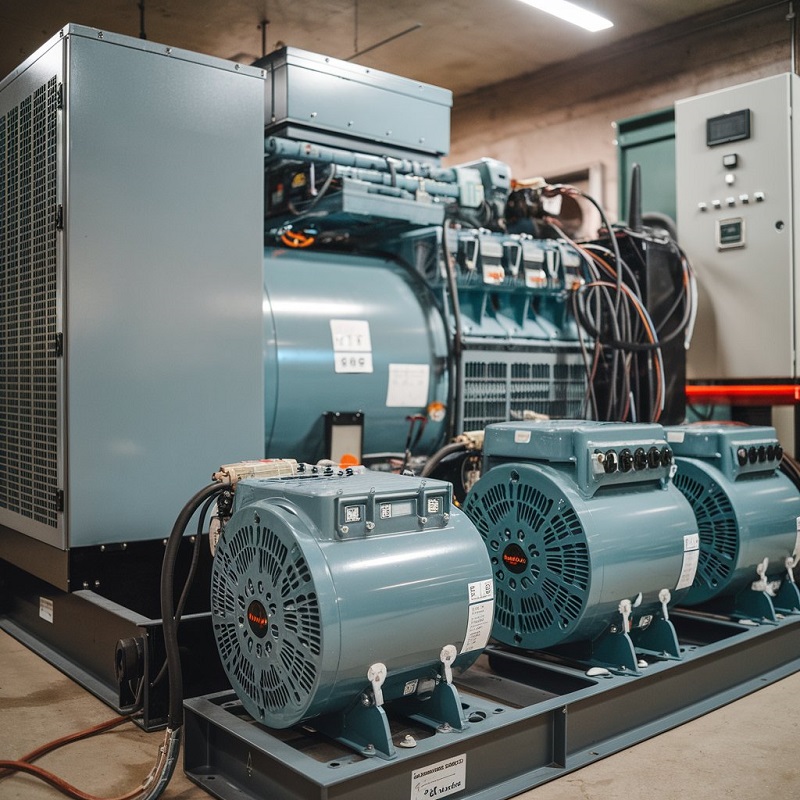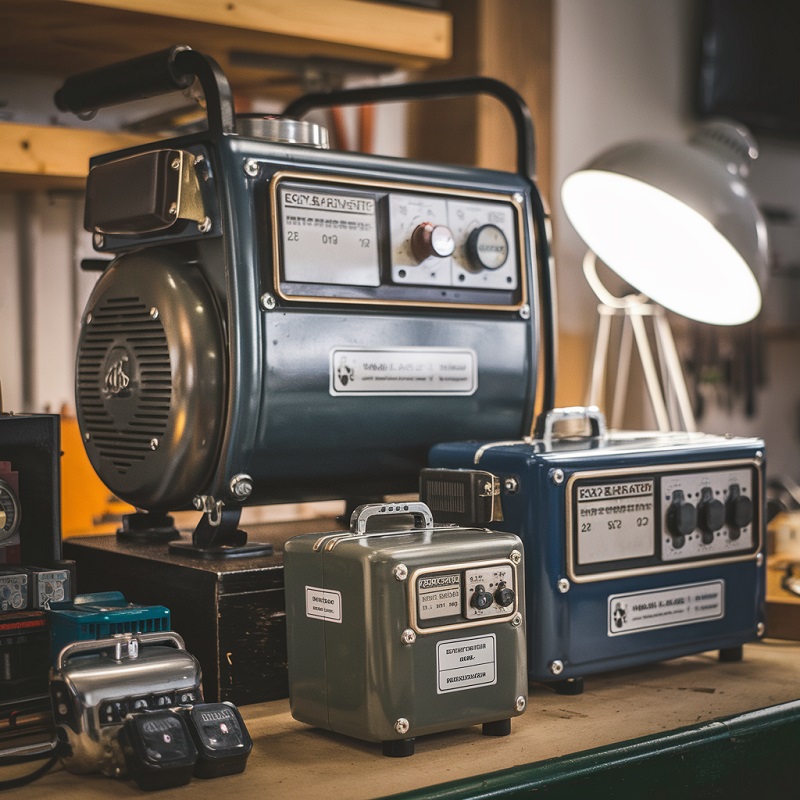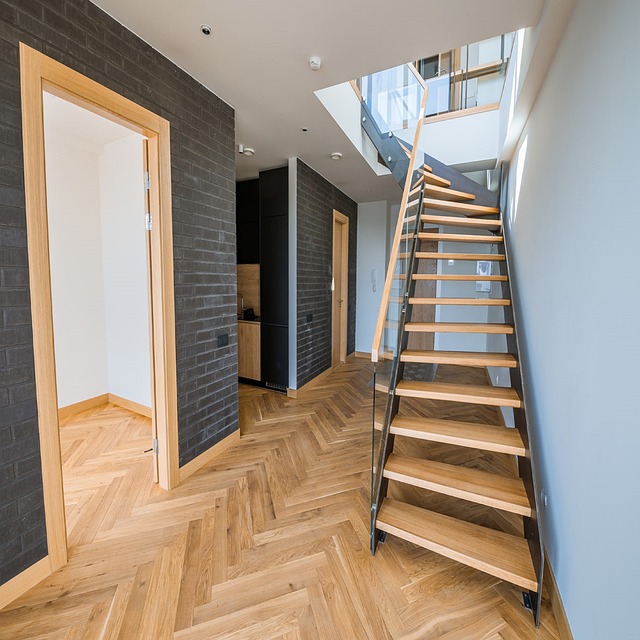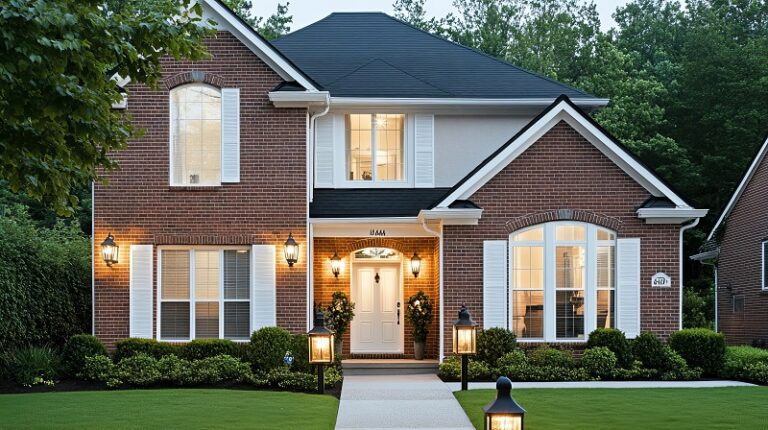If you choose the right generator, you can be sure that it will meet your power needs effectively and reliably. Generators that are custom-built can be tailored to meet the specific needs of businesses, homes, or industry activities. Unlike off-the-shelf models, these generators can be customized to handle specific fuel types, power levels, and other features.
You can avoid overestimating or underestimating your power needs if you get a generator that is built just for you. Finding the best custom generators for sale depends on how well you evaluate your energy needs. We’ll walk you through the decision process to make sure you make the right choice.
Find Out How Much Power You Need to Use
Before you choose a custom-built generator, you need to know how much power you use. Make a list of all the machines, tools, and systems you want to use at the same time. The manual or data plate for any piece of equipment will tell you how many watts it needs to start up and run. Especially for motors and compressors, the starting wattage is often higher than the running power.
Once you know the watts, add these numbers together to get the total amount of power you need. For example, freezers and air conditioners need more power when they first turn on. If these surge needs aren’t met, the engine could become overloaded. A wattage calculator or talking to a power expert are the only ways to be sure of the accuracy.
Decide on the Generator’s Purpose
You can use a generator for backup power, prime power, or constant power. Standby generators provide backup power when the main power goes out. Prime power units can handle longer, steady use. You can watch this video to learn how to get through a long power outage. Continuous power sources are used in factories or on remote job sites where electricity needs to be on all the time.
If you need an emergency generator, the most important things are that it is reliable and easy to start. For long-term tasks, pick a machine that will last and won’t get too hot while it’s running. Knowing these differences will help you pick a generator that will work for your needs.
Consider Fuel Type
The fuel you choose has a big effect on how well your generator works, how much it costs, and how often it needs to be serviced. Diesel generators are very popular because they last a long time and work well, especially in industrial settings. They are cheaper to use for long amounts of time because they use less fuel than petrol models.
Petrol generators work well for small businesses or short-term needs. But if you use them a lot, they might cost a lot. People who care about the environment think that LPG and natural gas generators are great because they produce less pollution and cleaner energy. The right fuel type will depend on your needs, your income, and your concerns about the environment.
Size and Capacity Matter
The size and power output of the generator you should get will depend on how much power you need. Custom-built generators give you a lot of options, so you can make one that is perfect for your needs. If you buy a generator that is too small or too big, it won’t last as long or work as well.
A unit that is too small might not be able to handle high loads, and a generator that is too big might waste fuel. Find the right size by adding up all the wattages of the devices you want to connect, including any extra power.
Evaluate Key Features
Modern generators that are custom built have features that make them safer, easier to use, and better at what they do. Consider these features:
- Start Mechanisms: Electric, recoil, or remote start methods are the easiest to use.
- Transfer Switches: Manual switches need to be operated, but automatic transfer switches (ATS) can easily recover power when it goes out.
- Fuel Efficiency: Inverter generators are more fuel efficient and make less noise because they can change the speed of their engines based on demand.
- Noise Levels: Generators with noise-canopy bases should be used in residential or quiet areas.
- Safety Systems: To get better safety, look for models with better Residual Current Devices (RCDs).
You can make sure that the generator meets all of your needs by customizing these features.
Consider Portability and Installation
If you need to move your generator around for work, make sure it’s easy to carry. Features like wheel kits, pulling bars, or devices that can be attached to a trailer make it easy to move. These options are important for mobile businesses, events, and building sites. Stable generators, on the other hand, are good for long-term uses like providing backup power for buildings.
Setting up is also very important. Putting the generator in the right place lowers the risk of safety issues, fuel leaks, and noise. Trust professionals to set up your generator and follow the rules for electricity in your area. Professional installation also stops operating problems that usually happen because of bad setup.
Assess Maintenance and Support
Regular maintenance is important for keeping a custom-built generator in good shape and making sure it works well. Service tasks like oil changes and filter replacements are easier to do on generators whose parts are easy to get to. Always choose a brand or service provider that offers help after the sale, such as expert support and replacement parts.
Generators from reputable sellers give you peace of mind because they are made with high-quality parts and checked to make sure they last a long time. Companies such as PRIMA Power Systems offer solutions that are strong and easy to keep and run. When picking a generator partner, stability should be your top priority.
Conclusion
When choosing a custom-built generator, you should think about your long-term goals, how much power you will need, and what you want to use it for. You should first calculate your total power and then pick a fuel type that fits. For a custom answer, you should think about things like how to start the engine, safety systems, and fuel economy mileage. Talk to professionals about generators to make sure you get the right size and features for your needs.





